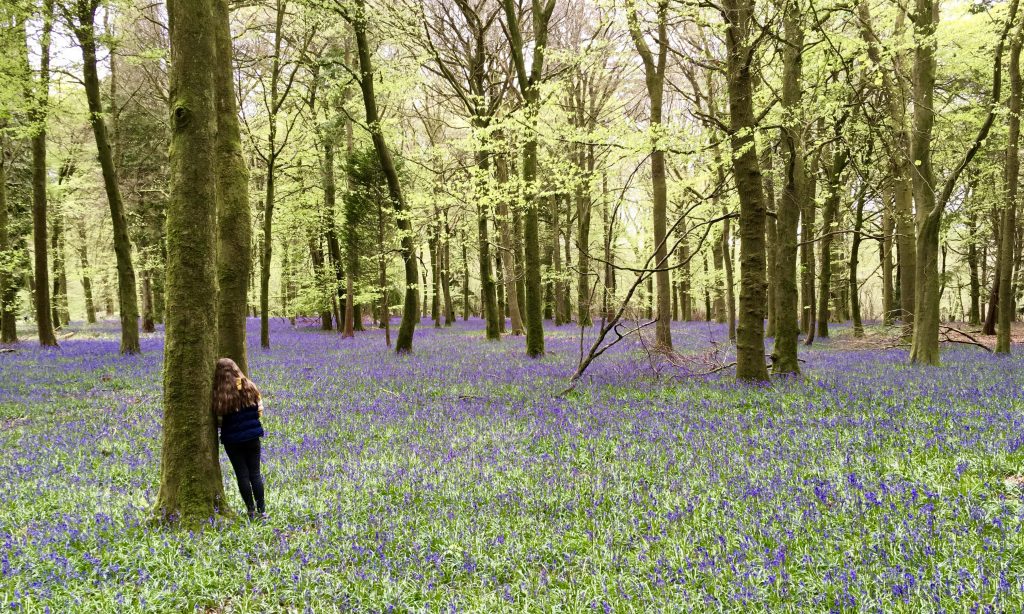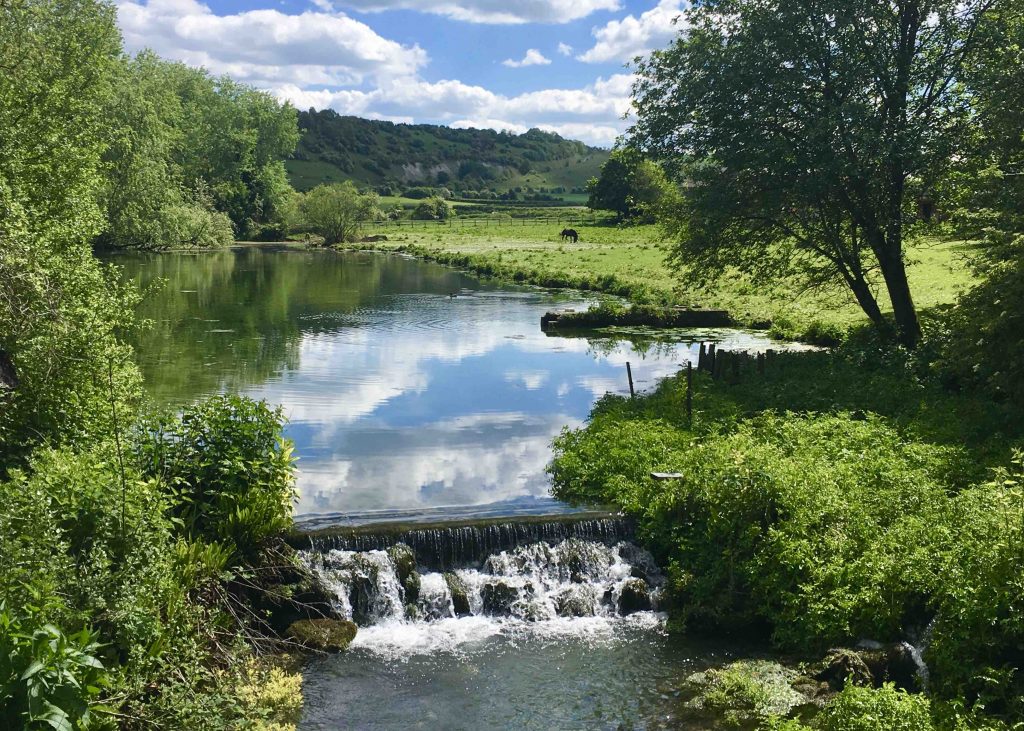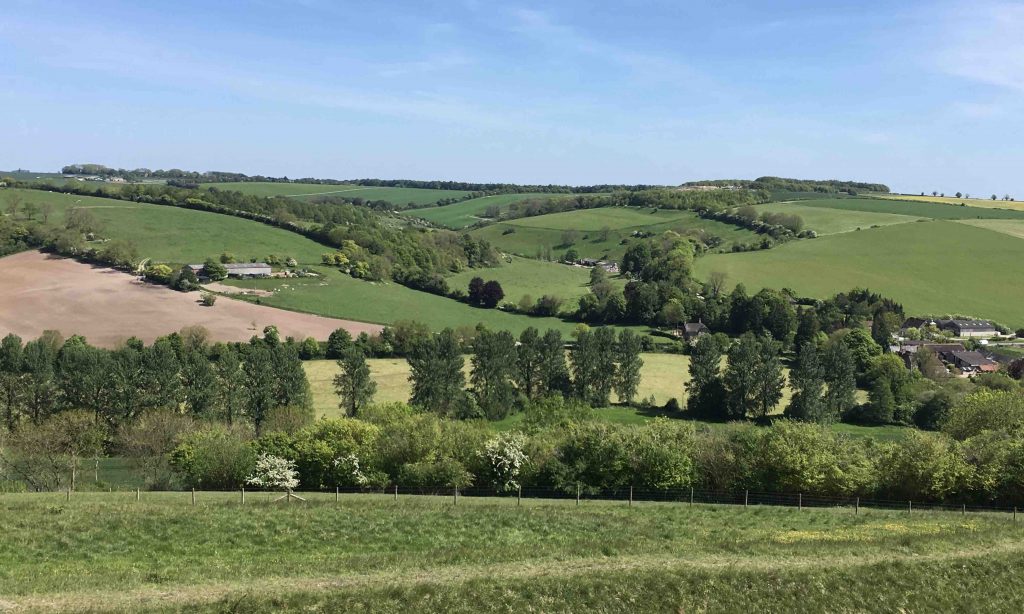
Dr Liza Hart now offers Ecotherapy – she explains further here …
What is Ecotherapy?
Ecotherapy is a collective term for a variety of psychotherapies which use nature as a major part of the therapeutic process. Psychological therapy outdoors is grounded on the same foundations as conventional therapy but has the added input of nature as a kind of co-therapist. Instead of sitting indoors in a traditional therapy room, I offer one-to-one sessions outdoors in a natural setting, walking side by side. We may stop at any point to do a focused awareness activity or just notice something of interest like an interesting flower or bird. There is potential for a great deal of flexibility here, governed by your preference and the weather.

What are the benefits compared to therapy indoors?
An ever-expanding volume of scientific research now clearly supports the benefits of ecotherapy. Studies have concluded that natural environments foster recovery from mental fatigue, are restorative, improve one’s positive outlook on life, enhance one’s ability to recover from stress and illness, and restore concentration.
People who participate in ecotherapy tend to become more aware of their bodies, how stress manifests in their bodies, as well as mind-body connections. In addition, therapy outdoors motivates people to use physical activity as a self-care strategy on a more regular basis, which in turn improves sleep patterns.
Talking about their issues outdoors in nature seems to enable new, creative ways of thinking to come to light; it’s as though they are freer to see things from a different perspective, opening up new possibilities, finding solutions where perhaps they were unable to before.
Some people find the thought of face to face therapy indoors, in a relatively confined space, a daunting prospect. They might find it easier to open up and engage with difficult feelings, and be more expressive in their body language, while walking side by side, in a less formal manner.
Ecotherapy can get people ‘moving’ – both literally and metaphorically. It introduces nature as a source of emotional support which can continue long after sessions with the human therapist have finished.

What do we need to consider before going outdoors?
I like to arrange the first 2 or 3 sessions indoors at the Salisbury Practice so that we can develop a shared understanding of your difficulties, and discuss the differences of working outdoors, considering together things like where we meet, how we manage the time, the weather, the walking pace etc.
During our initial indoor sessions, we will discuss issues of confidentiality and how we will negotiate encountering other people when out walking. I will follow your lead at all times and will never compromise your confidentiality.
Weather can offer an added dimension to the therapeutic process. Sometimes, as long as we are equipped for the outdoors, the weather can be a powerful and invigorating part of the experience in therapy. However, I will always consult with you before setting out, taking weather and other risks into consideration. Should the weather be too unforgiving on the day, the session can be re-arranged for an indoor or outdoor session within the following week instead.
The emphasis in ecotherapy is on the therapy, and the physical activity is a secondary benefit. You will set the pace of the session. You can choose to have a gentle stroll or a more active, faster paced session. We can find places to sit along the way. You do not need to be ‘super fit’ or consider yourself to be to an ‘outdoors’ sort of person to benefit from ecotherapy. If in doubt, double check with your doctor that there are not medical conditions that would prevent you from participating in therapy outdoors.
Suggestions for outdoor meeting points in the local area include:
- Five Rivers Leisure Centre in Salisbury
- Nadder Leisure Centre in Tisbury
- Langford Lakes Nature Reserve
- Dinton Park
- Coombe Bissett Down Nature Reserve.
- Castle Hill Country Park in Salisbury
Please click here for a more detailed account of what ecotherapy has to offer, and do not hesitate to get in touch on Salisbury 01722 324343 or admin@thesalisburypractice.co.uk if you have any further questions.
